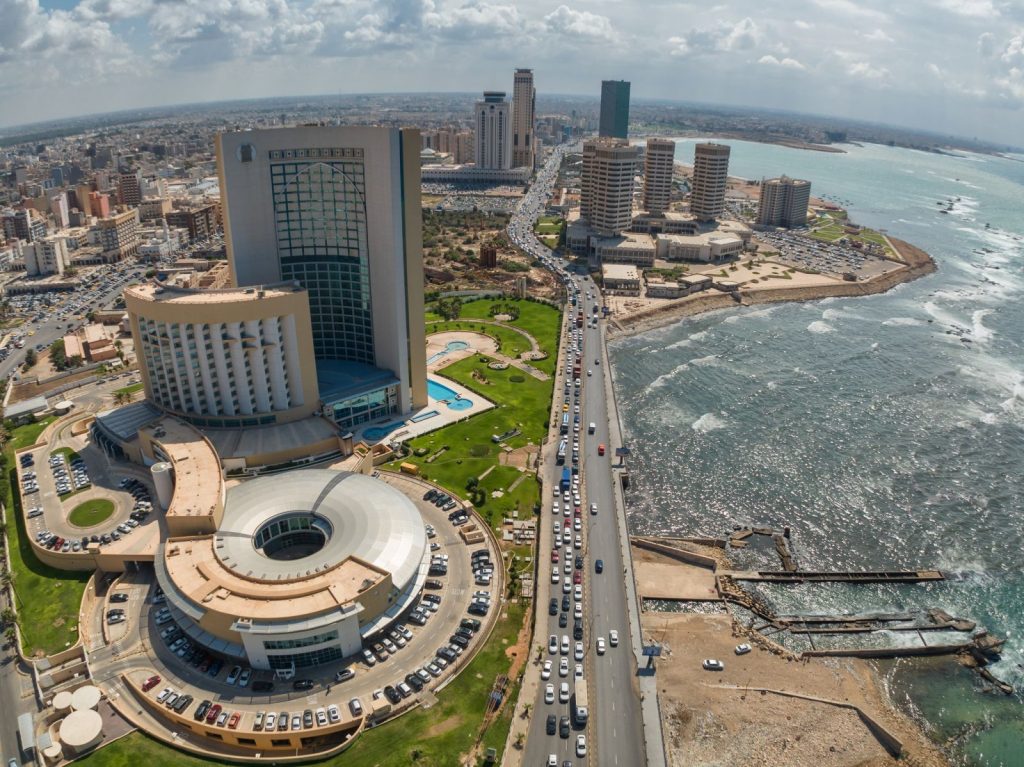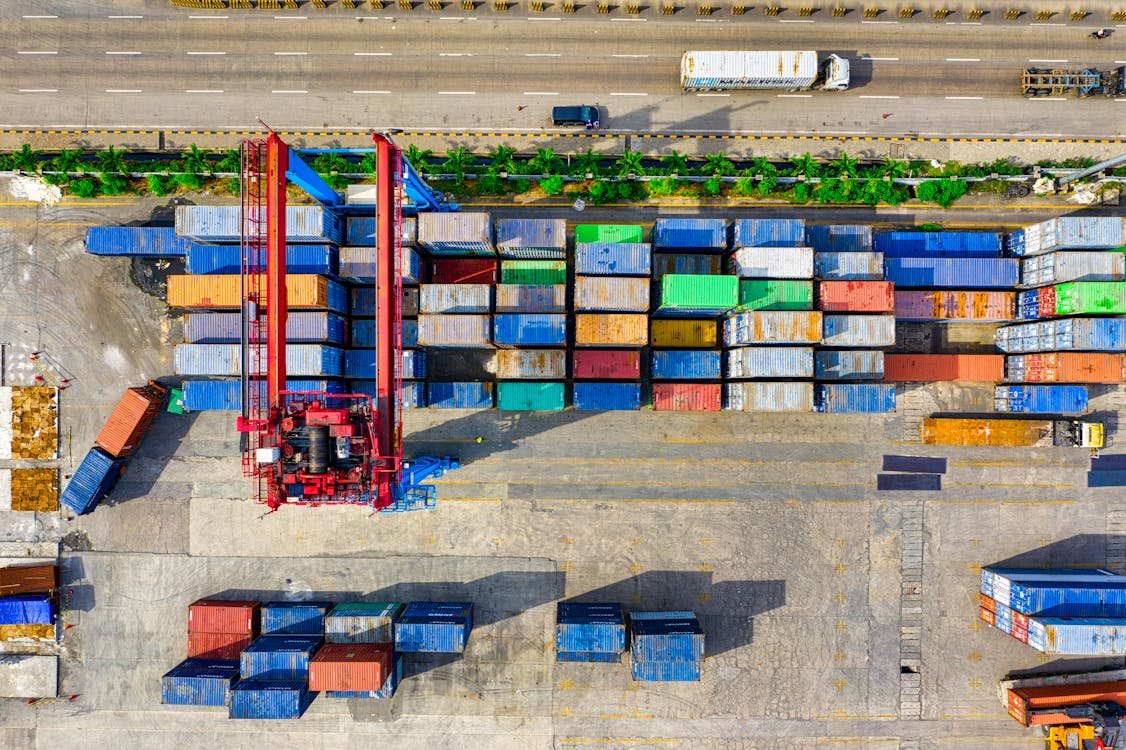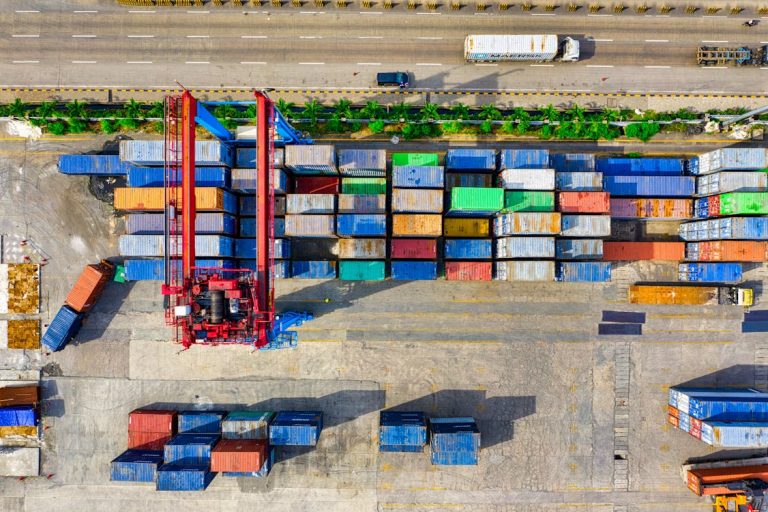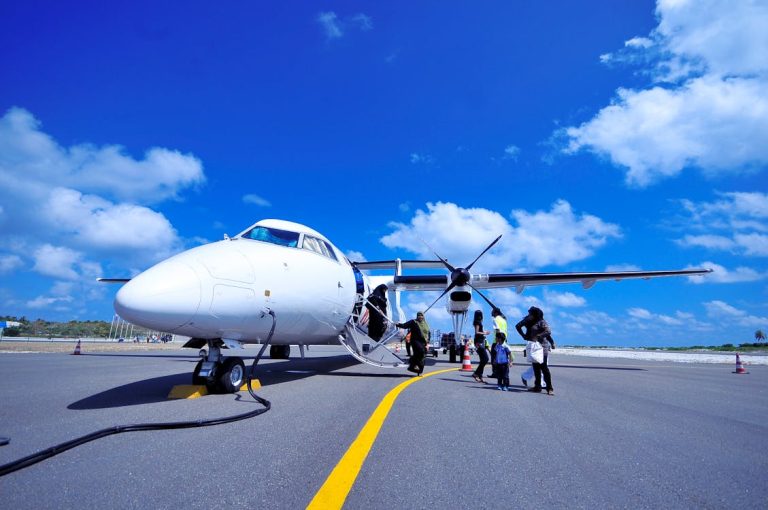Navigating customs clearance in Libya can be a complex process, but understanding the intricacies is crucial for businesses looking to thrive in this dynamic market. We recognise that efficient customs procedures are vital for the smooth import and export of goods, impacting everything from supply chains to profitability.
At Qabas Consulting, we specialise in providing expert guidance tailored to the unique challenges of customs clearance in Libya. Our commitment to excellence ensures that we set industry benchmarks, offering innovative solutions that streamline the customs process. With our extensive knowledge and experience, we empower our clients to navigate regulatory landscapes with confidence, ensuring compliance and minimising delays.
Table of Contents

Overview of Customs Clearance Libya
Qabas Consulting brings extensive expertise in navigating the customs clearance landscape in Libya. Our team understands the intricacies of local regulations and possesses a deep understanding of the legal frameworks governing import and export activities. We leverage this knowledge to provide tailored solutions that meet the specific needs of our clients.
Our commitment to delivering results with precision and integrity sets us apart. We focus on ensuring compliance with all relevant customs policies, which minimises delays and enhances overall operational efficiency. Our approach prioritises accuracy throughout the customs clearance process, fostering trust and reliability in our services.
Legal challenges in Libya can pose significant obstacles for businesses. Common issues include fluctuating regulations, documentation requirements, and evolving customs policies. We address these challenges proactively by providing clear guidance and strategic insights. Our solutions empower clients to navigate the complexities of the legal environment, ensuring seamless compliance and facilitating smooth transactions.
With our profound understanding of Libyan customs laws, we stand as the definitive choice for businesses seeking effective customs clearance services. Our strategic approach, combined with our commitment to excellence, enables us to support clients in achieving their objectives while adhering to regulatory requirements.

Process of Customs Clearance
Navigating the customs clearance process in Libya involves several critical steps, requiring precision and compliance with local regulations. Our expertise at Qabas Consulting ensures a streamlined approach that mitigates potential challenges.
Required Documentation
Effective customs clearance mandates accurate documentation. Essential documents include:
- Commercial Invoice: This outlines the transaction details, including prices and quantities.
- Bill of Lading: A key document that acts as a receipt and a contract between the shipper and carrier.
- Import Permit: This is often necessary for regulated goods, ensuring compliance with local laws.
- Packing List: Details the contents of each package, aiding customs in inspections.
We guide our clients in gathering the correct documentation and ensuring everything meets Libyan customs regulations, helping to prevent delays.
Customs Duties and Taxes
Understanding customs duties and taxes is vital for budgeting and planning. Key aspects include:
- Import Duty Rates: These vary by product types and can fluctuate. We provide updated rate information to our clients, ensuring accurate financial forecasts.
- Value Added Tax (VAT): Applicable to most goods, we assist clients in understanding how VAT impacts their transactions.
- Additional Fees: These may arise based on specific goods or services, and we clarify potential costs upfront.
Our deep understanding of the Libyan legal framework supports our clients in navigating these financial obligations while ensuring compliance with local customs laws. By offering strategic insights, we empower businesses to efficiently manage customs duties and taxes, facilitating a smoother clearance process.

Challenges in Customs Clearance
Customs clearance in Libya poses various challenges for businesses. Our focus remains on identifying and addressing these hurdles effectively.
Delays and Inefficiencies
Delays in customs clearance stem from various factors, including complex bureaucratic processes and inconsistent application of regulations. We recognise that such inefficiencies can disrupt supply chains and impact profitability. Our team at Qabas Consulting leverages extensive knowledge of local customs processes to streamline these procedures. By providing tailored guidance, we help clients navigate the intricacies of customs, thereby minimising wait times and ensuring timely shipments. Our commitment to precision in every step enhances operational efficiency, allowing businesses to maintain momentum.
Compliance with Regulations
Compliance with ever-changing regulations presents a significant challenge in Libya. We offer specialised expertise in understanding the regulatory landscape, ensuring businesses adhere to local laws governing imports and exports. Our deep understanding of Libyan legal frameworks enables us to provide clear, actionable insights, allowing clients to align their practices with current requirements. Qabas Consulting addresses common legal issues, such as fluctuating documentation necessities, by equipping clients with the knowledge to stay ahead of compliance demands. Our strategic approach empowers businesses to operate confidently within regulatory boundaries, positioning us as the definitive choice for effective customs clearance services in Libya.

Best Practices for Effective Customs Clearance
Effective customs clearance in Libya hinges on strategic approaches and informed actions. Following best practices ensures compliance with regulations, streamlines processes, and minimises delays.
Engaging Customs Brokers
Engaging qualified customs brokers significantly enhances the customs clearance process. We leverage our extensive network of experienced brokers who possess deep knowledge of local regulations. Our team ensures that clients are partnered with professionals who understand the nuances of Libyan customs laws. This expertise means clients receive tailored advice that aligns with their specific goods and industry, effectively navigating complex procedures and reducing potential barriers.
Preparing for Inspections
Preparing for inspections plays a critical role in successful customs clearance. We guide our clients through the necessary steps to ensure all required documentation is in order and readily accessible. Our comprehensive approach includes informing clients about potential inspection criteria and common issues to expect. With our deep understanding of the legal frameworks in Libya, we help clients create detailed checklists covering aspects such as product classification, valuation, and necessary certificates. This proactive stance reduces the likelihood of unexpected delays during inspections and fosters an environment of compliance and transparency.
Conclusion
Navigating customs clearance in Libya can be daunting but with the right guidance and expertise, we can turn challenges into opportunities. Partnering with specialists like Qabas Consulting allows us to tackle the complexities of customs procedures effectively. By ensuring compliance with local regulations and optimising our documentation processes, we can significantly reduce delays and enhance our operational efficiency.
With a focus on tailored strategies and informed actions, we’re empowered to manage our customs obligations confidently. This not only safeguards our supply chains but also boosts our profitability in the Libyan market. Embracing these best practices will undoubtedly lead us toward a smoother customs experience and greater success in our business endeavours.
Frequently Asked Questions
What is customs clearance in Libya?
Customs clearance in Libya involves the processes required for importing and exporting goods through the country’s borders. It includes preparing and submitting necessary documentation, paying customs duties, and ensuring compliance with local regulations. Efficient customs clearance is crucial for businesses to avoid delays and optimise their supply chains.
Why is customs clearance important for businesses?
Customs clearance is vital as it directly impacts the speed and cost of importing and exporting goods. Efficient customs procedures enable businesses to minimise delays, ensuring timely deliveries and enhancing overall profitability in the competitive Libyan market.
What documents are required for customs clearance in Libya?
Key documents required for customs clearance in Libya include the commercial invoice, bill of lading, import permit, and packing list. Accurate and complete documentation is essential to prevent delays and ensure compliance with local regulations.
What are the common challenges faced in customs clearance?
Libyan businesses often encounter challenges such as bureaucratic inefficiencies, inconsistent regulation application, and fluctuating documentation requirements. These issues can lead to delays, making it essential for businesses to have expert support to navigate the customs landscape effectively.
How can Libyan businesses prepare for customs inspections?
To prepare for customs inspections, businesses should ensure all necessary documentation is accurate and readily available. Creating detailed checklists and understanding potential inspection criteria can help reduce the likelihood of unexpected delays during the customs clearance process.
What role do customs brokers play in the clearance process?
Customs brokers play a crucial role in facilitating customs clearance by navigating local regulations and providing expert advice. They help businesses prepare necessary documentation, ensure compliance, and streamline the process, significantly reducing the chances of delays and complications.




